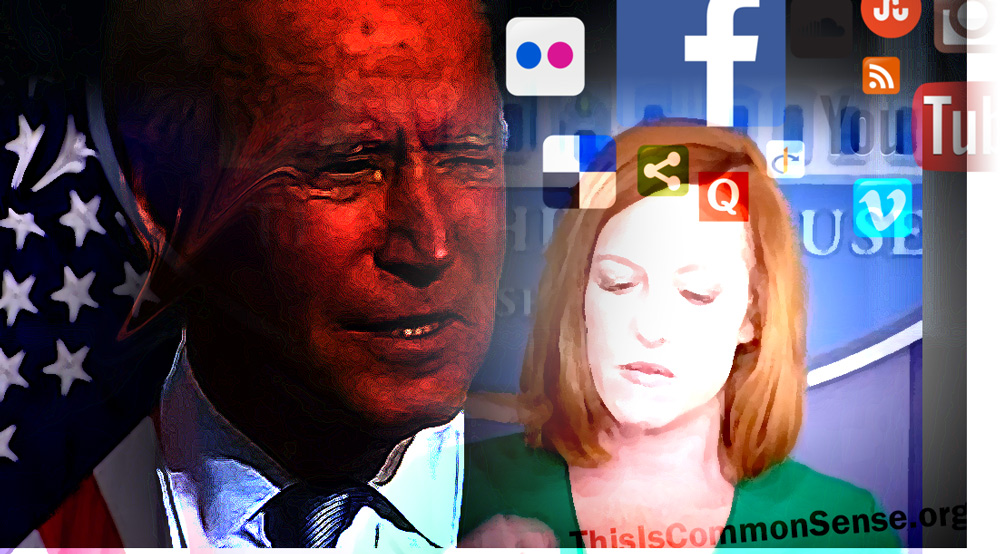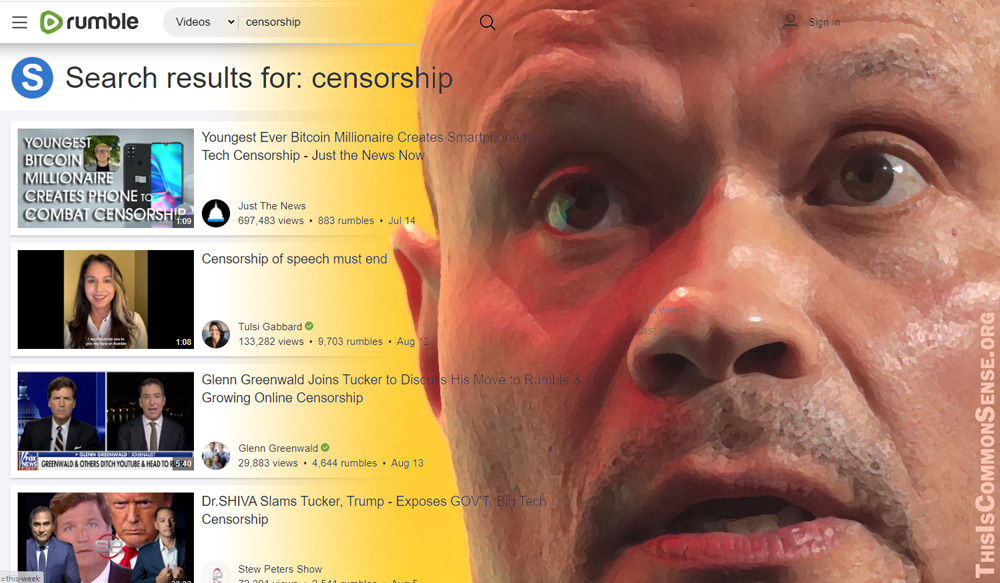When government pressures private companies to censor people, the government is itself acting to censor people.
That the Biden administration is acting to censor unapproved discussion of COVID-19 isn’t a guess. It has publicly urged social-media companies to prohibit “misinformation.”
White House press secretary Jen Psaki, for example, has said that Biden’s administration is “regularly making sure social media platforms are aware of the latest narratives dangerous to public health that we and many other Americans are seeing. . . . You shouldn’t be banned from one platform and not others.”
The Liberty Justice Center is now suing the administration and firms like Facebook and Twitter for violating the First Amendment rights of people like Justin Hart, a plaintiff in the case.
Hart is a data analyst who questions the effectiveness of requiring children to wear masks in school. For his fielding and repeating those questions, he was booted from social media accounts.
Explaining its litigation, the Liberty Justice Center observes that “dominant social media platforms and the White House are openly collaborating to eliminate social media posts about COVID-19 that the administration finds objectionable, and to cancel or suspend the Facebook and Twitter accounts of people who raise issues about COVID they don’t want the public to see.”
I tend to agree with Hart’s conclusion, but that is not the point.
More fundamentally, I am inclined to discover what we might learn from unfettered discussion of the facts. Which is one of the many reasons we need that First Amendment.
This is Common Sense. I’m Paul Jacob.
—
See all recent commentary
(simplified and organized)





